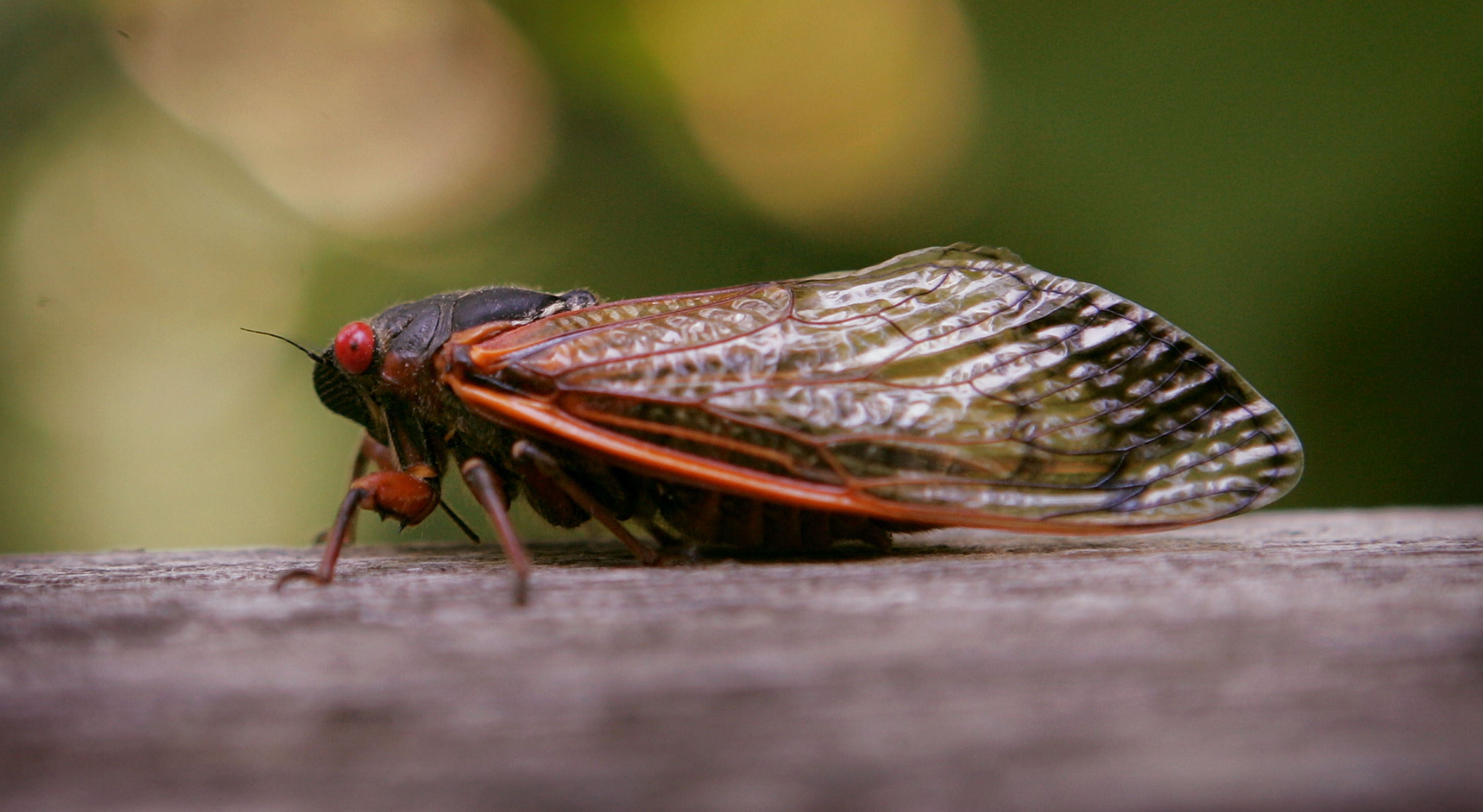As temperatures drop and restrictions like vaccination and mask mandates continue to ease, Chicago-area doctors are bracing for what they're predicting will be a "potentially scary cold and flu season."
One of the main reasons, health experts say, is a lag in eligible people opting to receive the flu shot and COVID bivalent booster.
"Nationally the uptick on people getting vaccinated for the flu and getting the COVID bivalent boosters has been slow," Dr. Gregory Huhn, interim chair of infectious disease and vaccine coordinator at Cook County Health, said during an update Tuesday. "As health professionals, I think we can say that we are concerned. Historically, we know that the upcoming months typically lead to a surge in COVID."
The warning comes as pediatric hospitals across Illinois and the country are filling up with children needing treatment for respiratory syncytial virus (RSV), a respiratory virus that doesn't typically peak late-December through mid-February.
Feeling out of the loop? We'll catch you up on the Chicago news you need to know. Sign up for the weekly Chicago Catch-Up newsletter here.
"The region is facing a surge of pediatric respiratory cases, leaving health care facilities, including Advocate Children’s Hospital, on high alert," a spokesperson for Advocate Health Care said last week in a release. "Many sick children are presenting with bronchiolitis, a lower respiratory tract disease frequently caused by respiratory syncytial virus (RSV)."
However, RSV isn't the only surge area doctors have their eye on.
What Chicago Doctors Are Predicting in Terms of COVID Cases
Local
According to data from Cook County Health, only 9% of people in Suburban Cook County have received the bivalent COVID booster, which specifically targets widely circulating omicron variants.
"People may ask why we need boosters and whether that means the vaccines don't work," Huhn said Tuesday. "The COVID booster provides updated information as [the COVID] virus has mutated," he continued. "Staying up-to-date on our boosters ensures that our body has the latest information code to fight this disease."
Earlier this month, the Centers for Disease Control and Prevention cleared the way for anyone ages 5 and older, who previously received an initial COVID vaccine series, to safely receive the current bivalent booster.
"Now, it's all about this current booster," said Dr. Lamar Hasbrouck, chief operating officer at the Cook County Department of Public Health on Tuesday. "So if you got the series that is the first two shots, and it's been at least two months, you should go ahead and get the booster," he said. "And by the way, you can get your flu shot at the same time you get the booster."
However, as booster adoption remains low, health experts are concerned that COVID cases will follow historical winter COVID patterns.
"In terms of suburban Cook County...in terms of the COVID-19 community transmission, the rates are currently low," Hasbrouck said. "However, we are expecting a likely surge in the winter. I can't say with any real precision, but we are expecting a surge."
How Flu, RSV and COVID Could Lead To an "Explosion"
According to health experts, reports of a "heavy influenza season" in the southern hemisphere coupled with an early RSV season in the U.S. are raising alarm bells.
Add to that, experts say, the current number of flu hospitalizations in the U.S. and Europe, along with the elimination of COVID restrictions, and the concern increases.
"It's true in the last two seasons, flu has been relatively mild, largely due to the precautions that we've put into place to mitigate the spread of COVID-19." said Dr. Sharon Welbel, director of Infection Control and Hospital Epidemiology at Cook County Health on Tuesday. "These efforts were all wildly successful in preventing the spread of influenza, RSV, and other respiratory illnesses."
"However," Welbel continued, "with the combination of the disappearance of mitigation measures, the early influence and RSV season that we are already witnessing, I fully expect to see an explosion of influenza, RSV, COVID, and other respiratory viral illnesses, this fall and winter."
The best protection, health experts say, come not only in the form of a COVID booster, but in receiving this season's flu shot before the Halloween holiday.
What to Know About This Year's Flu Shot
"The good news is, that based on the influenza viruses that circulated in the southern hemisphere, this year's influenza vaccine, which has been updated, will provide solid protection against severe disease in the U.S.," Welbel said.
And since there is no vaccine to date for RSV -- which can occur in children and adults, Welbel said -- protection through COVID's bivalent shot and this year's flu vaccine has become even more important.
"It's therefore essential that we all get vaccinated to reduce the risk of transmission of influenza and COVID to those who are most at risk for severe illness complications, including death, including young children, elderly, pregnant women, and those with chronic health conditions," Welbel said.
As for side effects and myths around the flu vaccine, Welbel clarified, "it is actually not possible for this vaccine to give somebody influenza, because there is no live virus in this vaccine. Sometimes people get a respiratory illness after getting the flu shot, but I can assure you that it's because they were already exposed to an infection prior to being vaccinated."
"Of course, just like after any vaccine, someone might feel some effects of the shot, a sore arm, low grade fever or fatigue, but you will not get influenza from the vaccine," she continued, "I do want to remind people that just like the COVID vaccine, it takes two weeks for your body to create an immune response to the influenza vaccine to protect you."



